Writers’ Resources
Do you want to put out an audiobook, start a writer’s group, do historical research for an article, but don’t know where to start?
Check out my articles below. Want to hear from the horse’s mouth how to structure a creative day, revise a manuscript or market a book? I’ve interviewed a number of best-selling authors including Ursula K. Le Guin, Karen Armstrong and Anita Diamant. For the first time, I’m making all interview material available here. Questions? Feel free to leave me a comment.
Cracking the Audiobook Market (in seven parts)
Enjoy this information-packed series on why and how to get into the audiobook market. From author DIY to hiring a full service audio company and everything in between, I help authors decide what works for them based on their career goals and resources. Here are the articles in order. If you know nothing, I recommend starting at the beginning. If you have a particular need, skip around. There’s also Cracking the Audiobook Market Resource Guide and the original video presentation which I expanded into this series.
- Part 1: Why audiobooks? Why Now?
- Part 2: From Text to Speech: How a Manuscript Becomes an Audiobook
- Part 3: Four Routes to the Audiobook Market
- Part 4: A Deep Dive Into the Hybrid Model
- Part 5: Distribution: Exclusive to Audible or Wide?
- Part 6: Marketing: How to Help Readers Find Your Book
- Part 7: Back to the Future: Trends to Watch For
Writing Sword of the Gladiatrix:
An Exercise in Frustration and Creative Breakthrough
First up: thanks to Tony for inviting me to guest post on The Writing Desk. Writing Sword of the Gladiatrix was a challenge and I appreciate the opportunity to share my journey. Second: you have to know a little about me to understand why this book was so difficult (at first) to write. I’m not a “must write or die” kind of person. I’ve been perfectly happy with a number of day jobs that paid quite well, thank you, and didn’t need to take on the mantel of starving artist. What I do have is a drive to share my passionate love of history through stories. Most people hate history, and rightly so, given how it’s taught in public schools: dull facts, lists of dates, wars and pestilence, and the stories of elites (mostly white men). I want to make history accessible to anyone who enjoys a good story and spotlight some little known people along the way. (Read more.)
© 2015 guest blog post for The Writing Desk
Where are all the Strong Women?
Writing Characters Authentic to Their Times
Readers of this blog know I like to highlight fiction and non-fiction that present capable women with strong personalities. I read a post in a forum recently that intrigued me. The person was looking for historical fiction recommendations, but “none of those anachronistic modern women dressed up in historical costumes crap.” I don’t think s/he was disparaging time travel fiction and, yes, I’ve read a few stories where the women seem to have more modern sensibilities than might be warranted. But not all strong females in historical fiction are anachronistic. I’ve read other blog posts by historical fiction writers deploring recent criticism about strong women described by readers as “too modern” in spite of ample historical evidence that women did and thought as the writers wrote them. Where does the dissonance come from? Why would a reader think a woman couldn’t be a doctor in Late Antiquity, captain a whaling ship, or teach men to fly planes during WWII — all documented events? (Read more)
©2013 blog post
Friendly Fire:
Working with a Critique Group
You’re a neophyte (or as yet undiscovered) writer and going stir crazy in your quiet corner. The only people to read your stories are the hard-hearted editors who send you form rejects. With no feedback, you’re not even sure they’re people much less that they’ve read your stories. You can’t show your stuff to your mother (too much gore/sex) or your significant other (too much insight into your twisted soul) or—God forbid—your children (“Ah, man, why can’t you be a normal mom?”) What are you going to do? Read another book on writing? Hire that critiquing service from the back of a matchbook? How are you going to improve? (Read more.)
© 2005 appeared in award-winning anthology Circles in the Hair
Buttons & Books:
Tips on Historical Research
You want to write a story—a bodice ripper set in the pirate-ridden Caribbean or a murder mystery in a New Jersey inn during the American Revolution or maybe a vampire tale set in medieval Europe. You know the plot and your characters intimately. You’re typing away on the seduction scene when you realize the handsome hero probably doesn’t unzip his pants before ravishing the breathless heroine. But does he unbutton, unbuckle, untie, unwrap? Of course, you could finesse with a sentence like, “He dropped his garments onto the floor.” But it won’t be long before your readers get impatient with generalities, because the devil is in the historical details. (Read more.)
© 2006 an update of an article that appeared in Byline.
The Write Stuff:
Go Where No Man—Or TV Show—Has Gone Before
I grew up watching Star Trek (TOS) and graduated with Star Wars. As much as I enjoyed these media blockbusters and their multitudinous spin-offs, they left an unfortunate legacy in my psyche. When I write science fiction my mind is flooded with romantic images of faster-than-light spaceships, light sabers and “beam me up Scotty!” My imagination, imprinted as a child, tends to go for the fantasy elements of space opera rather than the realistic extrapolations of known science. There’s nothing inherently wrong with space opera, but when I want to write space stories with a touch of reality, I have to abandon my roots and look elsewhere for inspiration. (Read more.)
© 2001 appeared in The Writer.
Making Science Fiction Personal:
Charles Sheffield Explores the Borderlands of Science
“We’ll soon be capable of creating a simple virus. Within fifteen years of completing the Human Genome Project we’ll create life – cellular life.” The stuff of science fiction? Yes, but also an assessment of the current state of biology by Dr. Charles Sheffield. The award-winning author of over forty novels, non-fiction books, and story collections straddles the worlds of science and science fiction with ease. Looming large in each, Sheffield has served as past-President of both the American Astronautical Society and the Science Fiction Writers of America (organizing the latter he likens to “herding cats.”)
In his newest non-fiction venture Borderlands of Science: How to Think Like a Scientist (and Write Science Fiction) published by Baen, Sheffield combines the roles of scientist and fiction writer. The book surveys the current state of physics, chemistry, and biology and how they can be applied to such favorite science fiction topics as the beginning and ending of the universe, space flight and colonization, alien biology, computer and robot design, cloning, immortality, and future war among others. (Read more.)
© 2000 appeared at iUniverse.com.
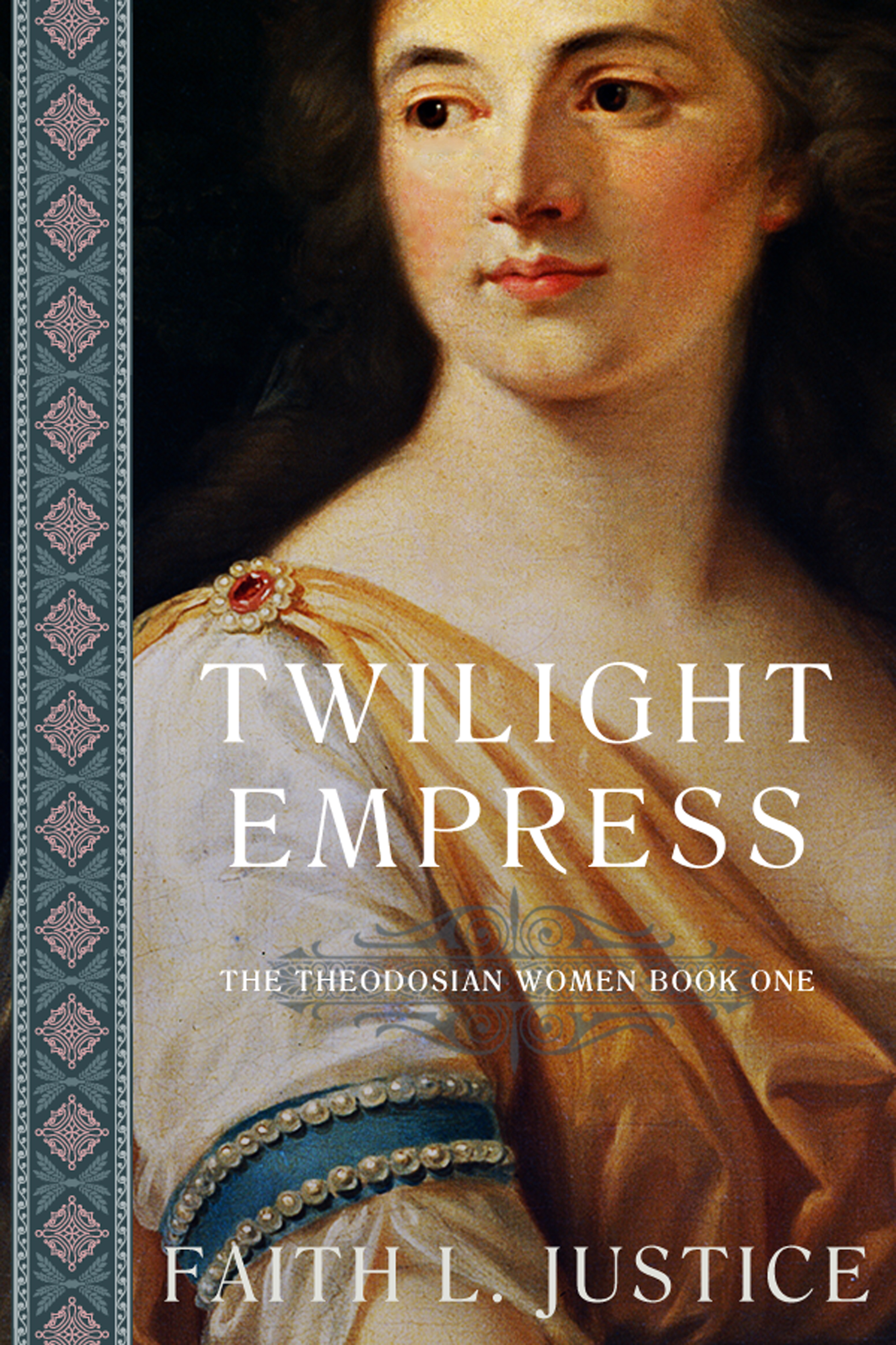
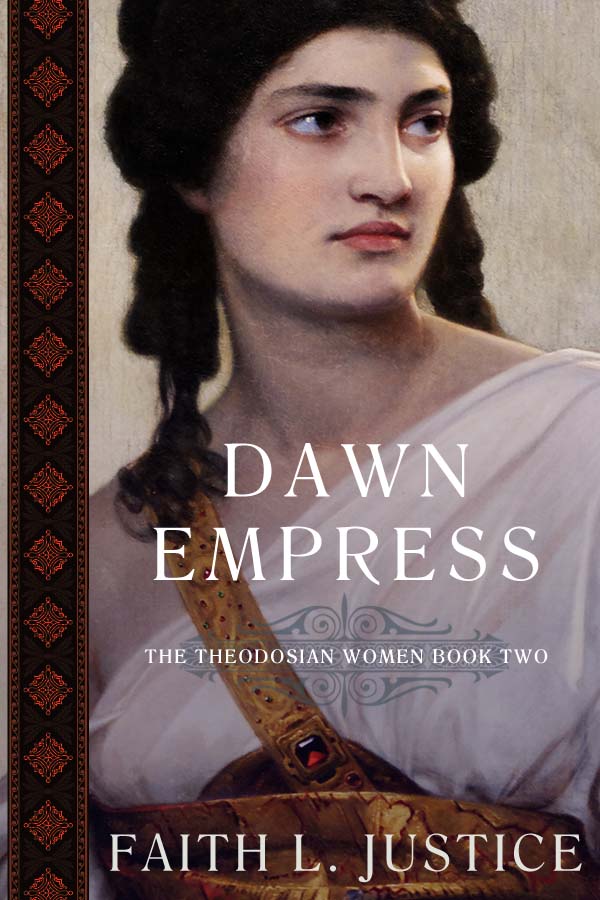
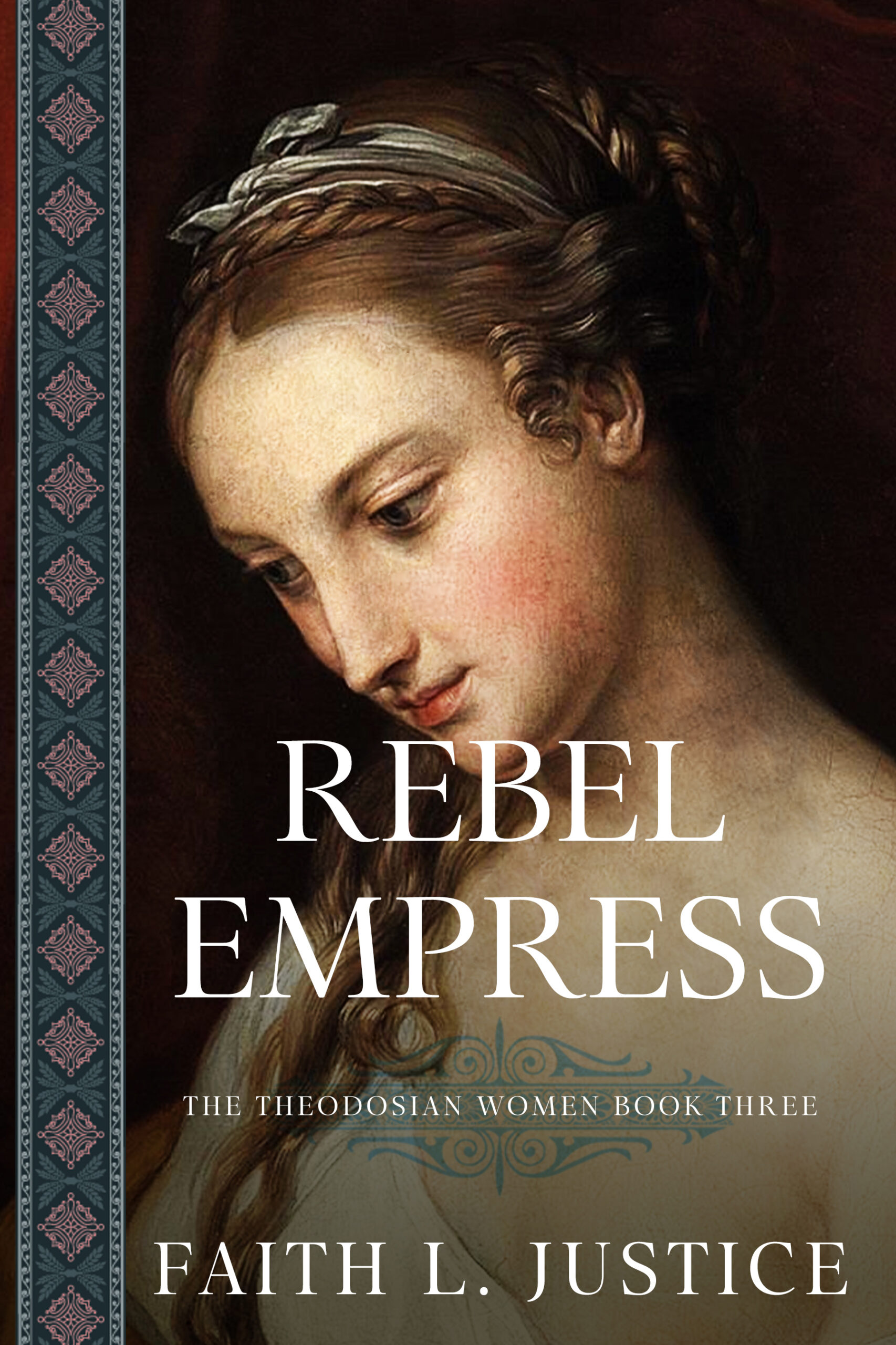
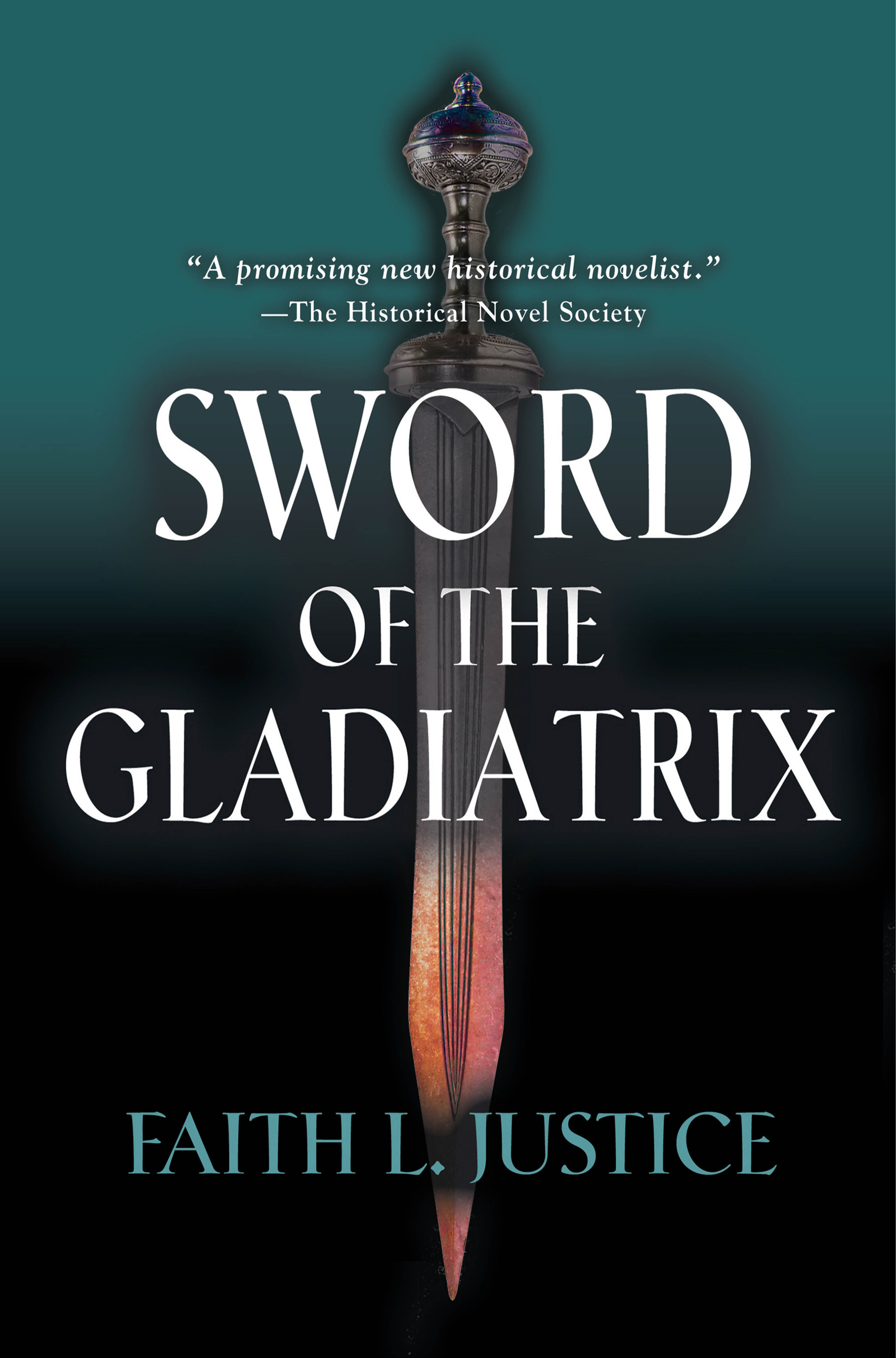
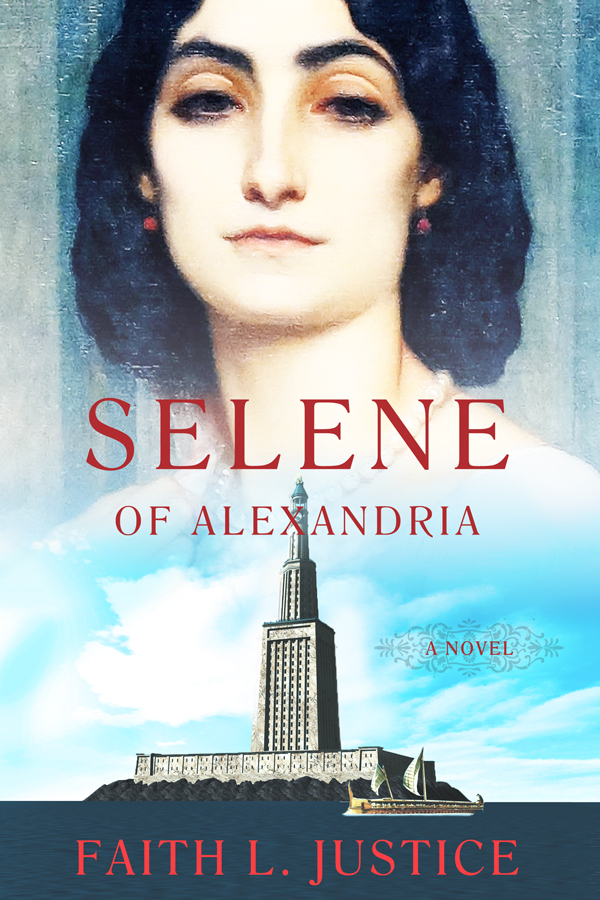
Hi Ms. Justice,
I am looking for permission to use a quote from your interview with Ursula Leguin at https://faithljustice.com/other-authors/interview-le-guin/. The quote is “No, I have lots of good intentions, but no control over my writing.”
I am self-publishing a book based on courses I have been teaching for fifteen years. The book is “The Art of Becoming An Artist”.
I would greatly appreciate your help with this.
thanks very much!
take care, Dari Darylynn Starr Rank
Faith…In the past, I’ve been a Book of the Month Club author and EMMY nominated TV program producer.My agent in Los Angeles past on a few years back.
I’m back into writing and just finished a treatment on a history anthology TV series and companion illustrated book. I’m experiencing difficulty locating a literary agent in the NYC area.I would appreciate any direction on qualified people to approach. Thank you…John Brady
Hi Faith! I’m a member of Desert Sleuths (SinC Phoenix), and I attended your excellent workshop on audiobooks. We have a monthly newsletter that includes a column of Sisterly Wisdom (about the pub industry) and I was wondering two things. First, could I share some of the information (crediting you, of course, and including your website) that you provided (mostly the statistics from the beginning). I’d also include the mistake that my agent and I made four years ago, when we negotiated a deal with Harper Collins that did NOT include a reversion clause regarding audio books, if they didn’t use them within two years. (My first book was made into audio, but my second was not, and now we’re having to approach them about this.) Also, will you at some point add a blogpost about audiobooks on your site, so that I could refer the Desert Sleuths here for more information? You have a lot of great advice, and I think our members could benefit from finding you. Unfortunately, the deadline for me to submit a short piece of “sisterly wisdom” to the newsletter is tomorrow evening, and I know it’s a holiday. But I could ask our newsletter maven if she can give me a short extension. Or I could include the info on audiobooks and you the following month. Please let me know. Best, Karen
Hi Karen! So glad you enjoyed the presentation and feel free to share my information and website. I sent you a more extensive email with my slide deck and resource guide attached. If you don’t get them, check your promotions and spam folders. There were a lot of links on the resource guide and your email provider may divert them. All the best, Faith.
I just finished reading Selene of Alexandria. Before I post a review on Amazon, I wanted to ask you some questions. I couldn’t find contact info, other than here. Is there a more appropriate place to ask? I don’t want to hijack this section, or throw out spoilers.
The twists and turns in your stories are always unexpected and thrilling. You keep your readers guessing in the best way.